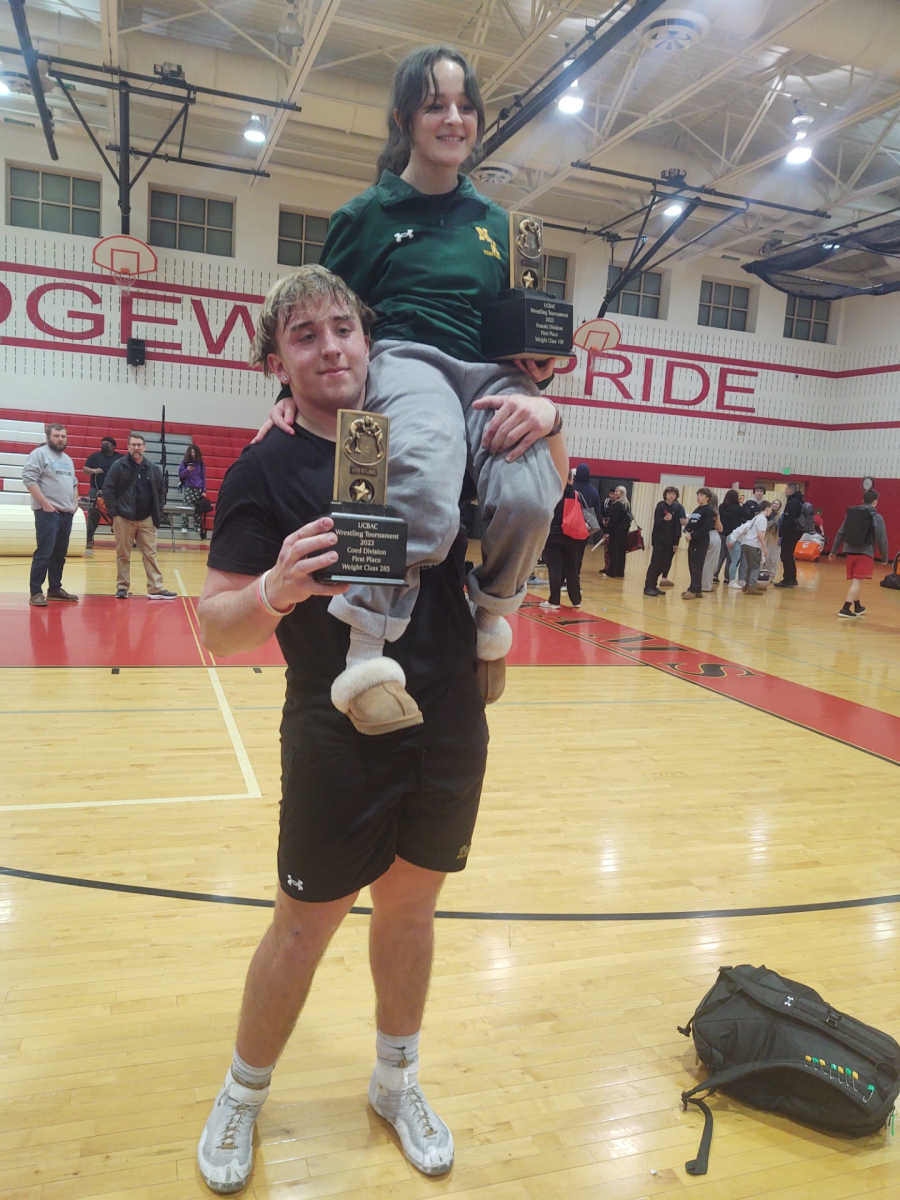Getting knowledge for life, college
September 27, 2017
While you’re sprinting down the halls, heart pounding against your chest in fear of that dreaded bell breaching your eardrums, you might ask yourself: Is it even worth it?
To pour your blood, sweat, and tears into something that ultimately wears you down and floods you with a sea of paperwork?
Whilst it may be hard to see that far ahead, each assignment you spend hours completing at the crack of dawn all affect your future. Whether it be attending college or taking over the family business, we all have a question to ask ourselves: Where will we go after high school?
That question could be answered if our community was more involved in our students futures.
It’s a terrifying thought not knowing our plans after high school. We’ve grown up with our parents and friends shoving the idea of obtaining a decent job down our throats, but a clear explanation was always lacking.
A dismissive piece of advice gets thrown our direction every once in awhile; “Get good grades and you’ll end up successful!” Or the classic, “Stay in school, kids!”
However, we never really got the how part of our question answered until we hit our junior year. Sure, the idea got sprinkled into our minds when we reached high school, but by the time students decide to take life seriously, it’s almost too late.
I, myself, have no clue what career I wish to obtain, only the knowledge that college will hopefully get me there.
Unfortunately, as I went through my years at North Harford, I observed that my peers faces often reflect an expression of pure confusion, a confusion that could’ve been avoided if our schools got more involved with their students’ futures.
Not just the guidance counselors, but every staff member, every student, every parent should lend a hand in improving our education system.
If a teacher sees that one of their students excels in chemistry, they should expand on the notion that, hey, maybe this student should explore the various paths a career in science could take you.
Instead, many teachers just try to get their students to pass their class, when they should be looking at the bigger picture.
I’m not suggesting that college is for everyone, I know there are plenty of other options out there.
However, for the students who truly express an interest or don’t have a clue what they want to do, we as a school, as a community, should do everything in our power to educate them on what each option entails.
The sky isn’t the limit, so let’s push our students towards the stars.





